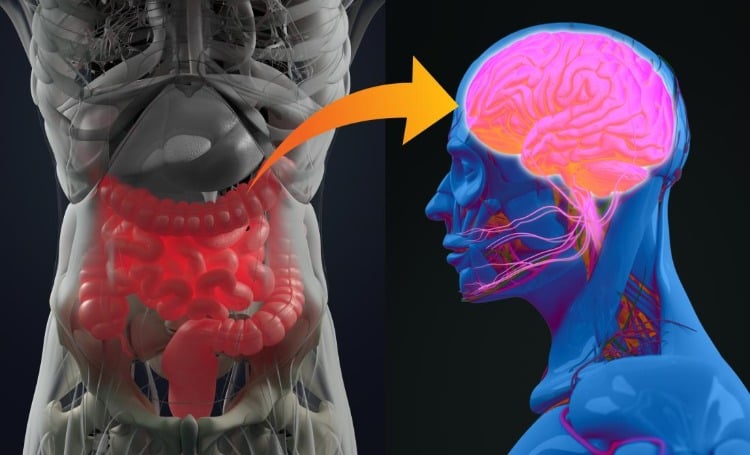People with autism often suffer from gastrointestinal inflammation
Many people with autism show features such as atypical social interactions or repetitive behaviors. They also have difficulty speaking and communicating, but perhaps a less well-known fact is that such people are more likely to suffer from gastrointestinal disorders than the general population. A review found that children with autism report gastrointestinal symptoms four times more often.
Relationship between people with autism and bowel inflammation

A number of research studies reported that the prevalence of bowel problems was the same in boys and girls. These symptoms can include constipation, diarrhea, abdominal pain, gas, reflux and vomiting. Symptoms like these affect the quality of life of people with autism and their families. They also affect sleep, concentration and behavior.

For a long time, doctors thought that this was due to the way the brain controls the intestine. Think of the “butterflies” you have in your stomach or the need to go to the toilet if you are really nervous. While the brain affects bowel function, this is only part of the story. Recent research shows that gastrointestinal symptoms in autism may be due to differences in the gut itself.
The gut contains its own nervous system (enteric nervous system), which coordinates the digestion and absorption of food and nutrients. This is a complex integrated network of neurons that extends along the gastrointestinal tract. Although structurally very different, it contains approximately the same number of cells as the spinal cord and uses many of the same neurochemical messengers, receptors and proteins as the brain.
Autism has a strong genetic component. More than 1000 gene mutations are associated with the disorder. Many of these gene mutations change the communication of neurons in the brain. The gut microbiota is the community of microorganisms (including bacteria, fungi and viruses) that live in the gastrointestinal tract. The largest amount of microbiota is in the large intestine, where they digest some of the food we eat.
Study results

Many of the studies that have previously dealt with the gut in autism have been performed on mice. However, scientists need more human research to confirm that the results can be extrapolated. They need to further develop their understanding of how gene mutations in the nervous system affect gut microbes. In the future, optimizing the gut microbiota could be a way to control the behavior of people with autism.
This would not reverse gene mutations that lead to autism, but could mitigate the effects and improve the quality of life for people with autism and their families. In the meantime, thanks to this study, which treats people with autism, doctors should consider assessing and treating bowel problems in addition to behavioral problems.
The post People with autism often suffer from gastrointestinal inflammation appeared first on Deavita.com | Living ideas, design, hairstyles, make-up, lifestyle, health and beauty tips.





















